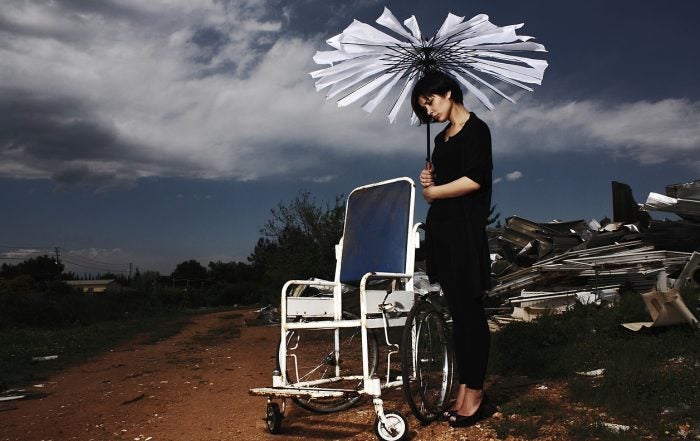Home » Posts tagged 'bioethics'
Tag Archives: bioethics
A Conversation on Bioethics with Linda Sonntag, PhD
By Mari Hoffman, Genetics & Genomics ‘21 Author’s Note: I was interested in interviewing Dr. Linda Sonntag because of her time and dedication spent in the biotechnology field. She has been involved in multiple biotechnology companies as the Chief Executive Officer and participating as a board member. The multitude and diversity of her experiences with […]

